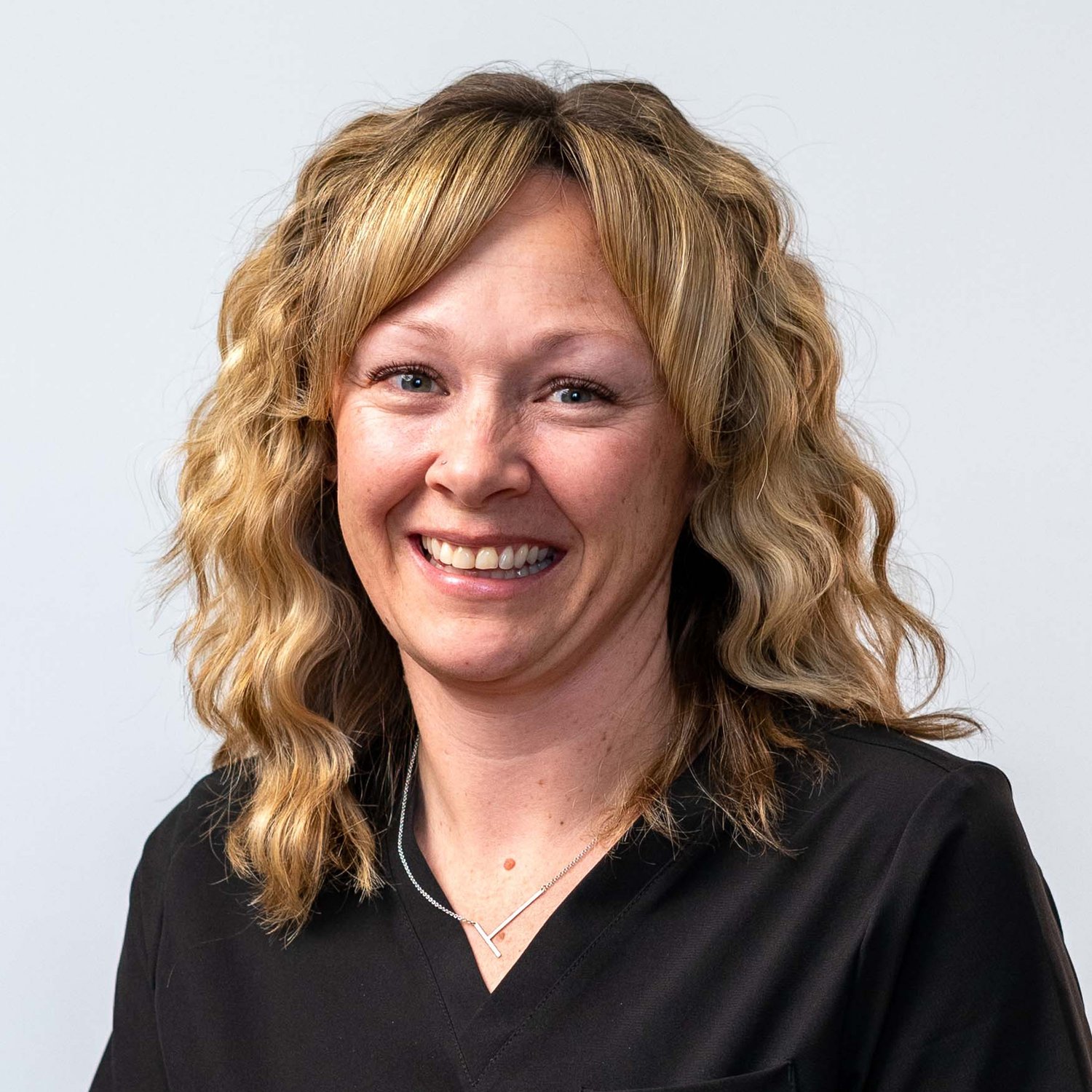Psoriasis Treatments
It’s Not Your Typical Psoriasis Laser Treatment
- Gentler on the skin with less risk of bruising.
- Less risk of complications with patient exposure to treatment UVA and sunlight.
- No Side Effects
- Quick Clearance
- No Maintenance Medications to take
Psoriasis is a debilitating disease affecting over 8 million Americans. Besides the uncomfortable itchy, flaky, and scaly plaques that are common with the disease, most patients with psoriasis are burdened with emotional and social side effects.
- About 24 percent have anxiety and about 10 percent have clinical depression.
- They feel embarrassed and unattractive.
- They’re constantly worried the condition will get worse.
More than 50% of patients diagnosed with psoriasis report a high rate of dissatisfaction with their current treatment or treatment options.
Frequently Asked Questions
What causes psoriasis?
How many treatments are required?
What happens after treatment?
Is it permanent or will my psoriasis come back?
Is it painful?
Can it be used on dark skin?
Contraindications (Patients that should not be treated)
- Those who are exhibiting unidentified skin conditions in the sites to be treated
- Those who have healed poorly after other types of laser treatments
- Patients prone to skin discoloration
- Patients who are taking photosensitizing medication, such as Accutane, should consider discontinuing the medication 6 months before treatment
- Patients who are taking topical Retin-A, patients should wait 2 weeks before treatment
- Don’t apply laser energy to any raised lesions, aside from purely red ones i.e. angiomas; other lesions should first be checked by a dermatologist
Patients who are sunburned should wait until the burn subsides. Herpes Simplex Labialis (fever blisters) can be activated by laser treatment, especially on the upper lip, and patients with a tendency for fever blistering can be started on antiviral medication before treatment.
Other Laser Treatments
Aerolase NEO ELITE
Acne Treatments
Our Acne Treatment with Aerolase Neo targets the root causes of acne for clear, healthy skin. The laser reduces sebum production by gently heating the oil glands, helping prevent clogged pores.
Angioma Treatments
Laser Hair Removal
Psoriasis Treatments
Lasers have been used for years as a treatment modality for psoriasis. But the Neo Elite is different.
Compared with pulsed dye lasers, the Neo Elite’s energy travels much deeper into the skin tissue — suppressing inflammation and coagulating feeder vessels.
Skin Laser Treatment
Scar Revision
Scar revision treatments help minimize the appearance of scars, making them less noticeable and more in line with your surrounding skin tone and texture. Using advanced laser technology or other methods, we target scar tissue to smooth, fade, and improve overall skin appearance.

